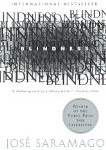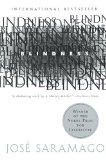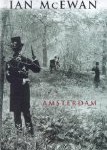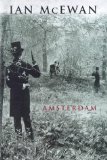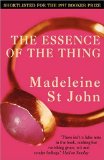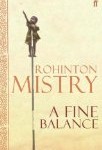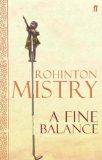Sandy has been raving about Connie May Fowler ever since I discovered her blog. The continual repetition of her name finally persuaded me to find a copy of Sugar Cage.
Sandy lives close to the author in Florida, so the books have a personal connection for her. I was worried that without this link to the book it would lack the magic for me, and I’m afraid I think this was the case.
Sugar Cage is set amidst the sand dunes of the Florida’s northeast Atlantic coast and the swamps and sugar cane fields to the south. It tells a complex story of family relationships, racism and death.
Some of the writing in the book was fantastic, so vivid and enthralling, but then the next page would leave me cold. I’m not sure why this was, but I don’t think I’ve ever read a book which has such a split personality. The plot was quite complex, and would probably benefit from a second reading as I’m sure I missed a few things.
There is a massive cast of characters in this book, and regular readers of this blog know that I often struggle to cope with so many people. Each chapter is told from the perspective of a different person, so I would just be getting to know them and then the plot would switch to someone new, sometimes never returning to that person again. This meant that I struggled to bond with most of the characters, and there were occasions when I didn’t really know what was going on.
I can see why Sandy loves this book, and I would be willing to read more books by this author as long as I was assured that there were fewer characters.
Recommended to anyone who lives in Florida.
![]()
Do you love books by local authors?
Are you upset when other people don’t fall in love with your favourites?
Sorry Sandy! Don’t worry – I do still trust your recommendations!





